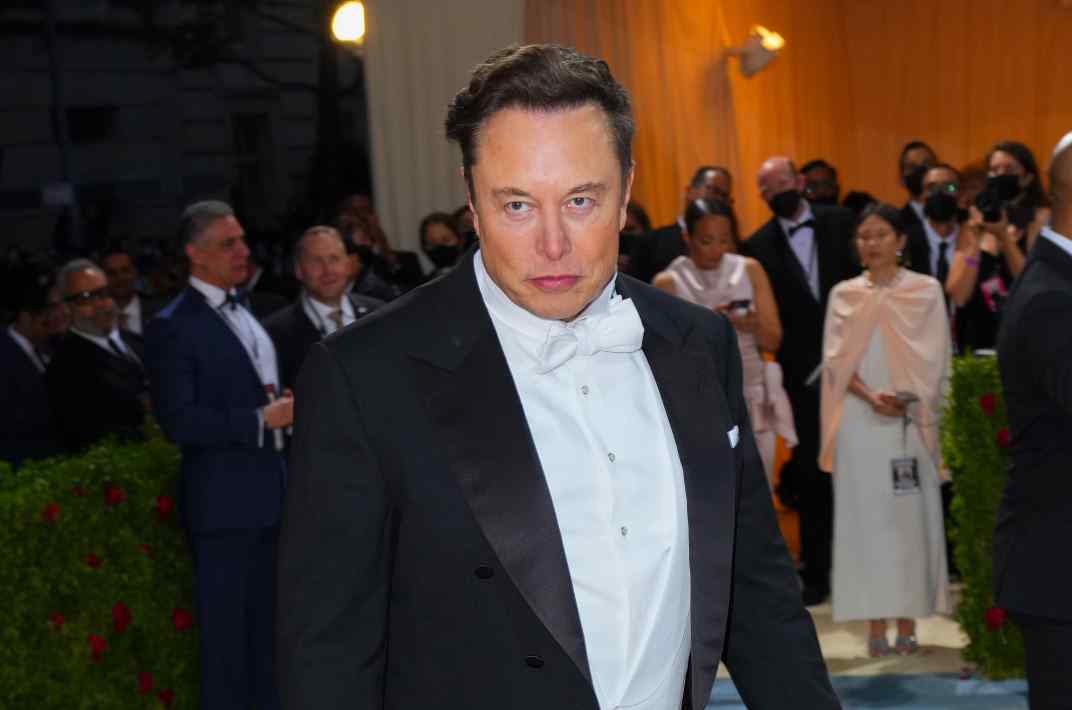
Musk, Tesla, and other Tesla directors are facing a shareholder lawsuit over his now-infamous 2018 tweet, which said that he was thinking about taking Tesla private at a price of $420 a share.
A four-year-old tweet from Elon Musk has the Tesla CEO back in court starting Tuesday.
If he had ended the tweet right there, there wouldn’t still be coverage of it or a lawsuit that seeks unspecified damages, reports CNN.
But he concluded it with two words that have resulted in Musk having to pay millions of dollars in fines and legal fees: “Funding secured.”
It turned out that while Musk had spoken to executives of the Saudi sovereign wealth fund about the money he would need to take Tesla private, the funding was anything but “secured.”
Am considering taking Tesla private at $420. Funding secured.
— Elon Musk (@elonmusk) August 7, 2018
Tesla shares initially climbed 11% on the day of on his original tweet, but they never reached that promised $420 level, reaching a high that day of $387.46. And they soon fell well below their pre-tweet price of $344, hitting $263.24 a month later, as it became clear that the funding was less than secure, prompting the shareholder suit that is just now reaching trial after more than four years.
A turn from losses to profits about a year after the tweet started Tesla
(TSLA) shares on an extraordinary run, gaining 1520% from the day of the tweet to its record high in November 2021. That record close of $409.97 works out to $6,150 a share, when adjusted for the two stock splits since that day. Even with the 70% decline in Tesla
(TSLA) share from that all-time high to Friday’s close, shares are still up 384% since the close on the day of the 2018 tweet.
Musk later said he only agreed to the settlement because continuing to fight would have resulted in banks cutting off funding that Tesla needed to survive, which was then losing money and facing a cash crunch. In comments at a TED conference last year he compared the negotiations with the SEC as comparable to someone pointing a gun to his child’s head.
But despite his claims to have funding secured, Federal Judge Edward Chen, who is hearing the case that starts Tuesday, said in a ruling last April that “no reasonable jury could find Musk’s tweets on August 7, 2018 accurate or not misleading” and rejected Musk and other defendants’ request to have the case dismissed before trial.
“A potential juror who already holds the opinion that Mr. Musk uses Twitter inappropriately or is not honest on the application is unlikely to untangle that bias from his or her evaluation of the evidence in this case and render an impartial verdict,” Musk’s attorneys argued in the request to move the trial. Musk’s lawyers said that surveys of 200 potential jurors found that of 116 had a negative opinion of Musk already, and only 26 had a positive opinion of him.
“The juror questionnaires reinforce that the jury pool in this district is biased against Mr. Musk, that much of the bias relates directly to issues in this case (namely, Mr. Musk’s use of and honesty on Twitter), and that whatever baseline existed previously has been fanned and emphasized by the media coverage of recent events,” his attorneys said in the filing. “These numbers make clear that an impartial juror cannot feasibly be impaneled from this juror pool.”

